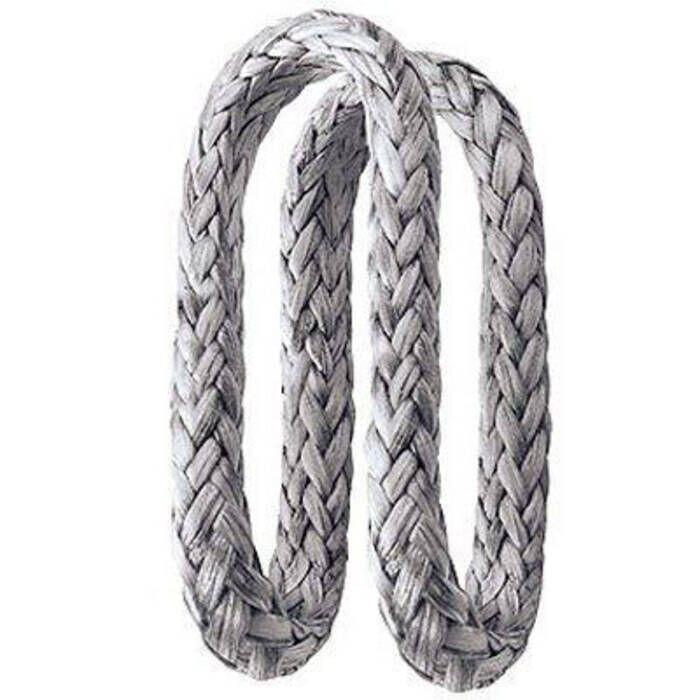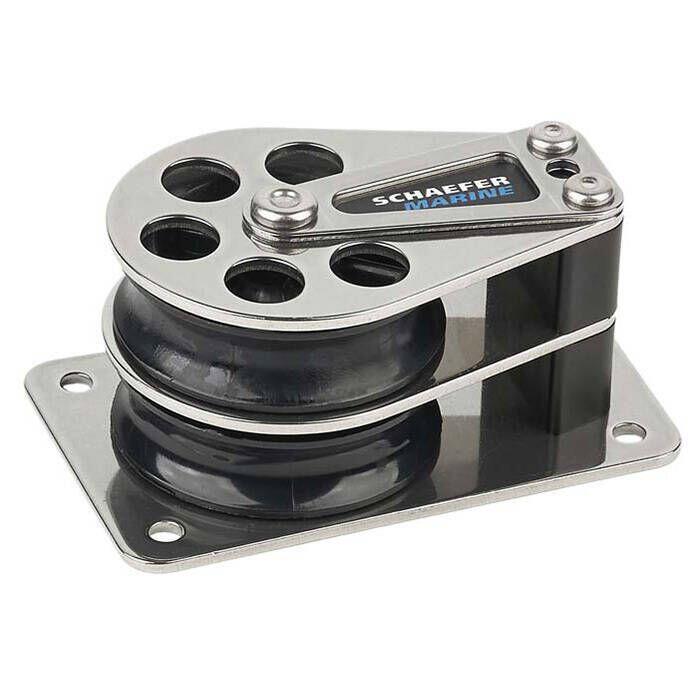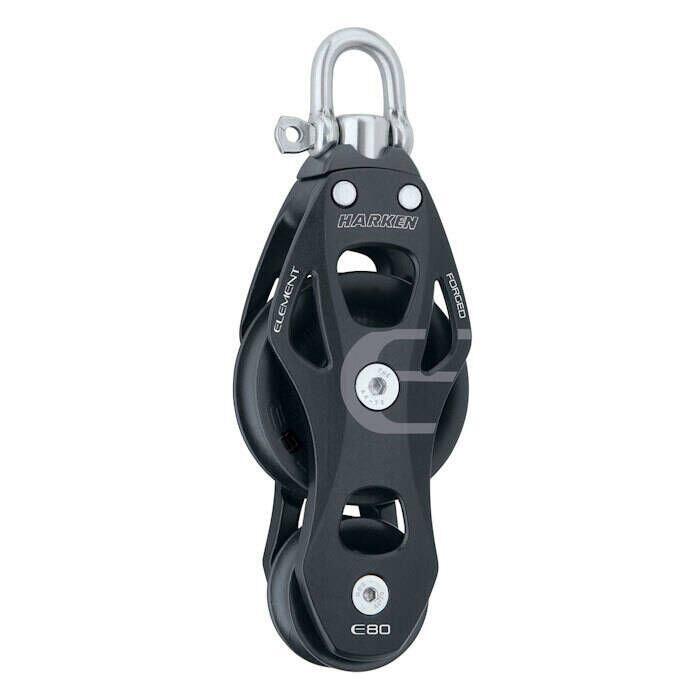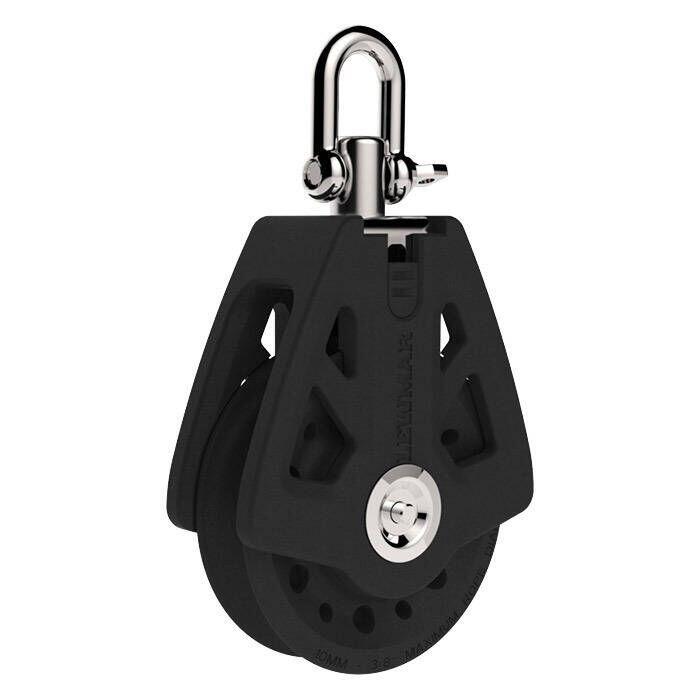Poulies
-

Harken - Poulie Ratchamatic HTE avec Émerillon et Double Grip - 57 mm (2 1/4") - 2168.HTE
190,88 $ -

Harken - Bloc Vertical Carbo Air - 40 mm (1 9/16") - 2652
59,75 $ -
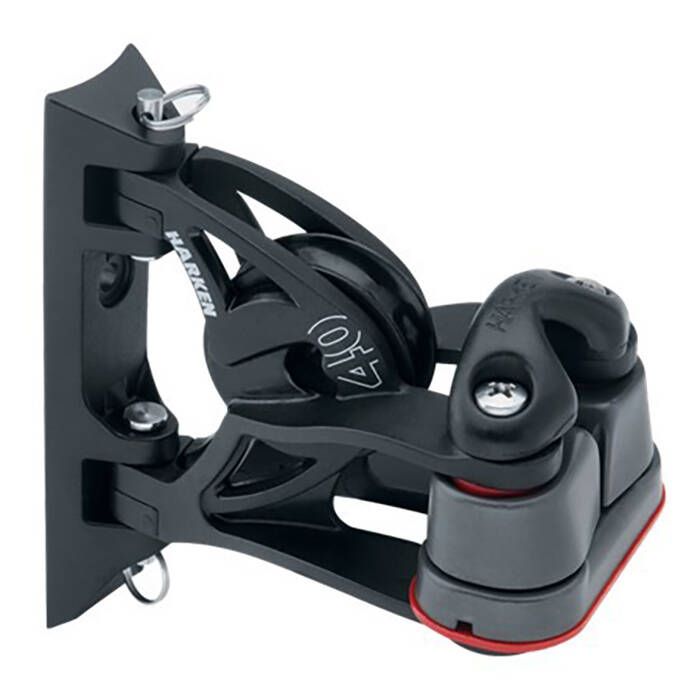
Harken - Bloc de Guidage Carbo - 40 mm (1 9/16") - 2157
118,97 $ -
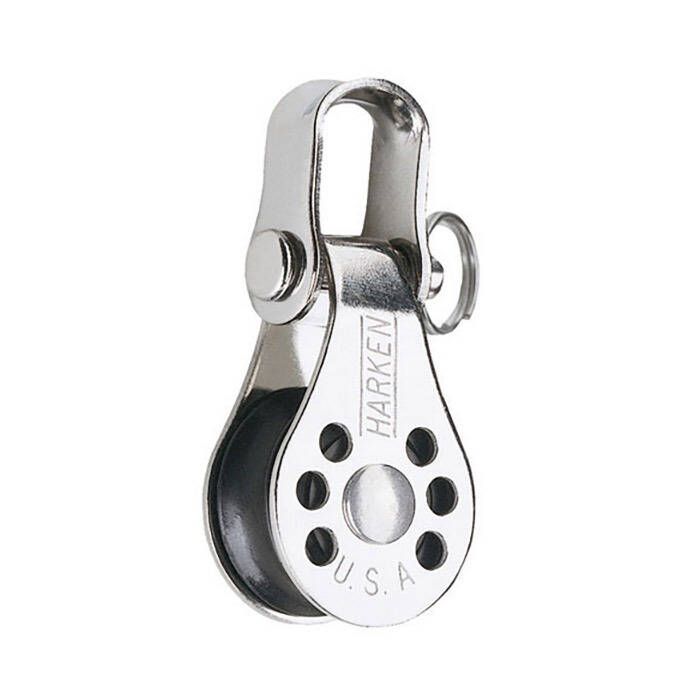
Harken - Micro Poulie - 22 mm (7/8") - 234
31,55 $ -
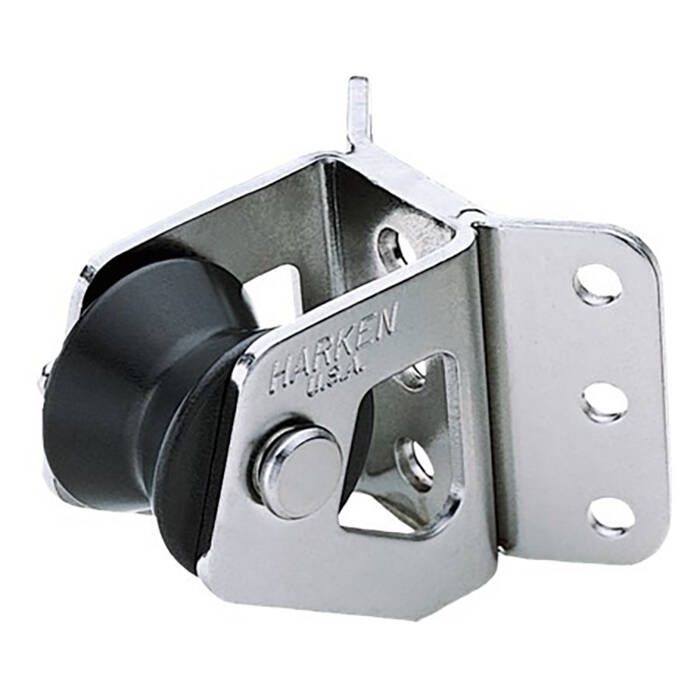
Harken - Retenue de Drisse - 25 mm (15/16") - 944
121,79 $ -

Harken - Bloc de Joue Pivotant Bullet - 29 mm (1 1/8") - 113
47,06 $ -

Harken - Guide-Câble à Monter sur Chandelier Reflex - 7355
47,06 $ -
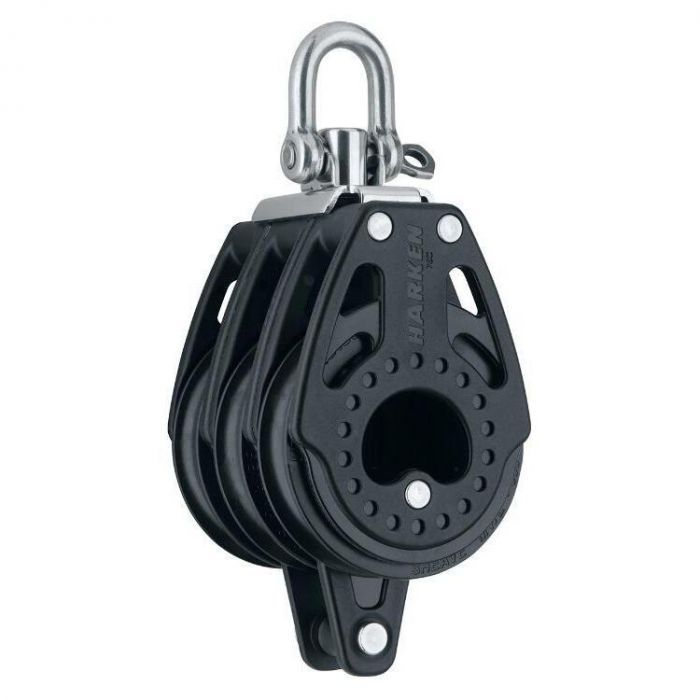
Harken - Poulie Triple Carbo avec Émerillon et Taquet - 75 mm (2 15/16") - 2665
417,89 $ -
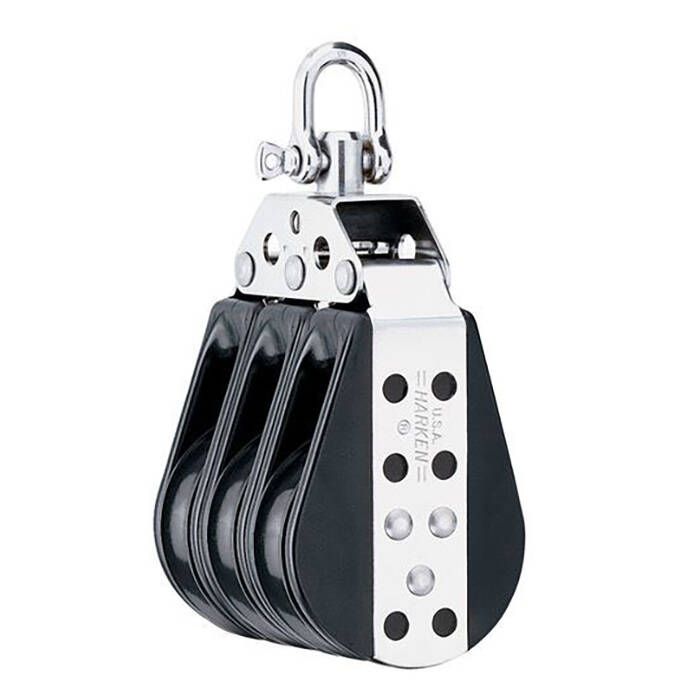
Harken - Poulie Triple Midrange - 76 mm (3") - 1546
635,05 $ -
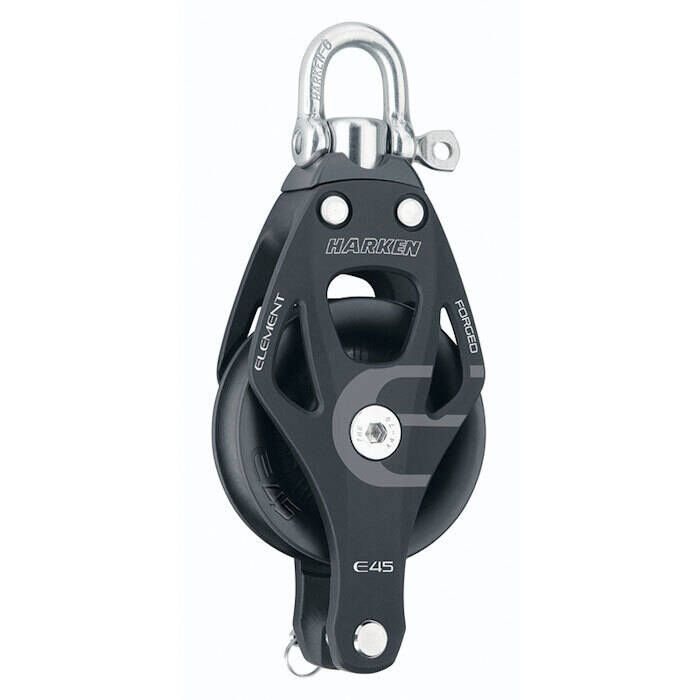
Harken - Poulie Élément en Aluminium avec Émerillon et Taquet - 80 mm (3 1/8") - 6291
225,70 $ -
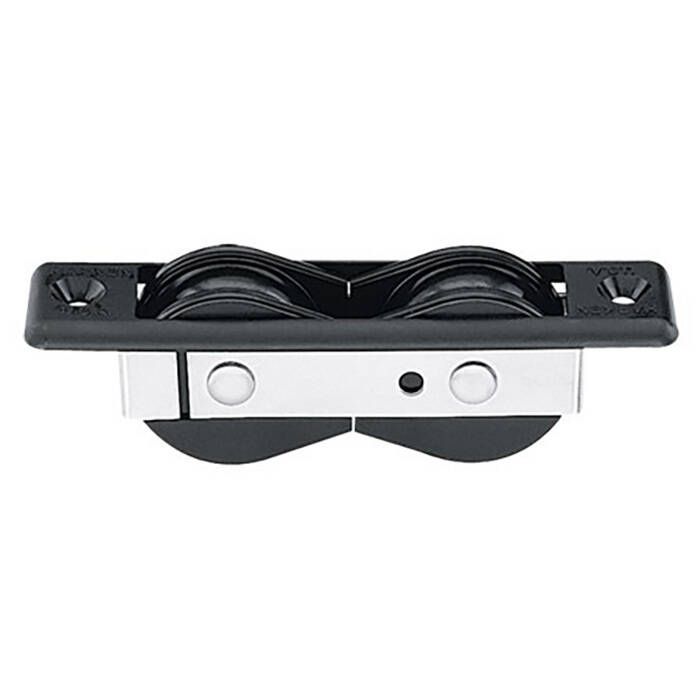
Harken - Grande Poulie à Sortie en Ligne Bullet - 38 mm (1 1/2") - 134
106,28 $ -

Harken - Grande Poulie Traversante de Pont Bullet - 38 mm (1 1/2") - 131
69,62 $ -
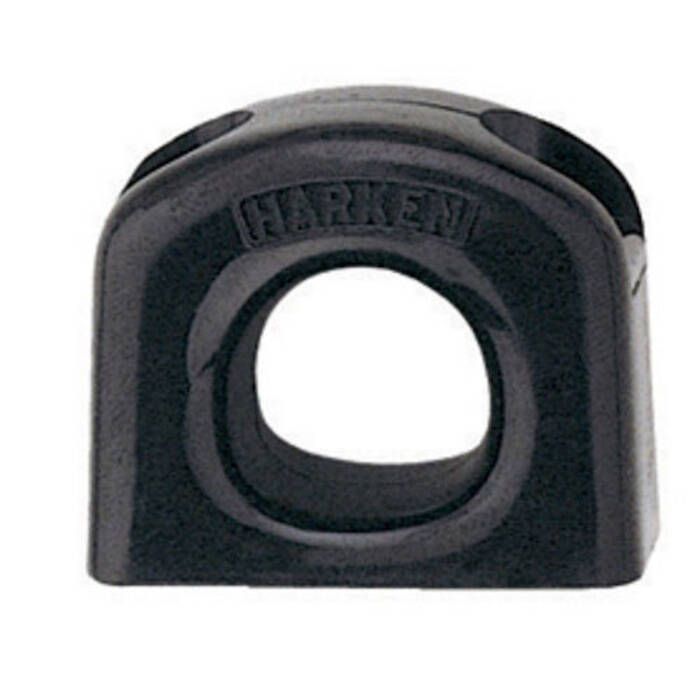
Harken - Guide-Câble Bullseye - 38 mm (1 1/2") - 237
10,40 $ -

Harken - Bloc Carbo Air - 40 mm (1 9/16") - 2608
103,46 $ -
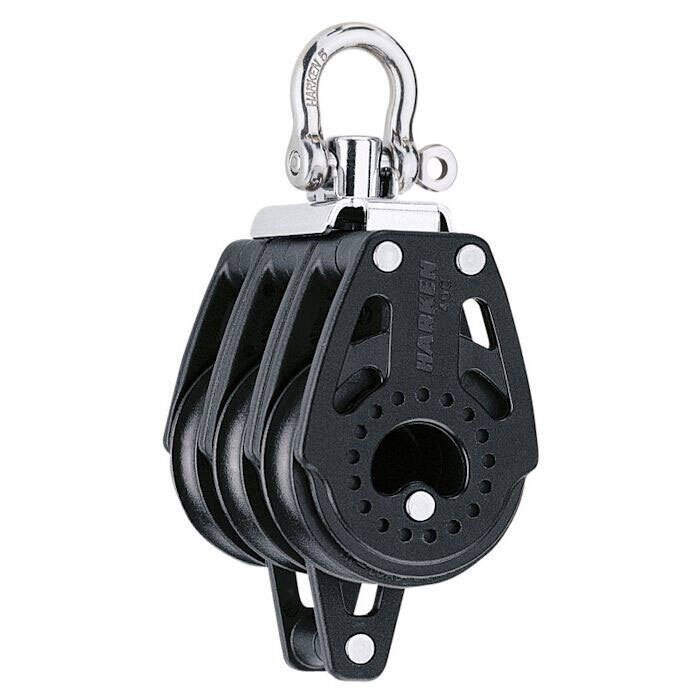
Harken - Bloc Triple Carbo Air - 40 mm (1 9/16") - 2641
212,03 $ -
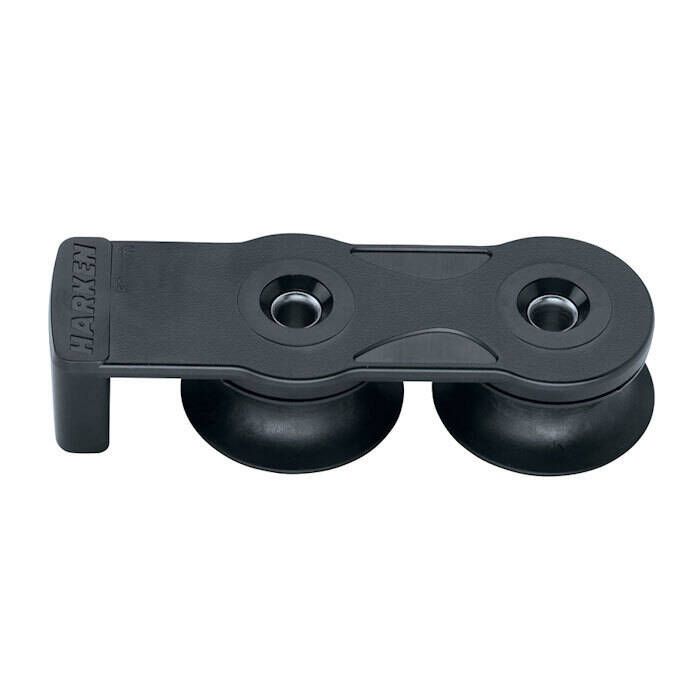
Harken - Organisateur de Pont Composite - 40 mm (1 9/16")
76,67 $ - 151,40 $ -

Harken - Poulie Fiddle à Émerillon en Aluminium Element - 45 mm (1 3/4") - 6234
166,06 $ -

Harken - Poulie pour Ligne/Câble - 51 mm (2") - 308
162,68 $ -

Harken - Bloc de Joue Carbo Air - 57 mm (2 1/4") - 2606
73,85 $ -
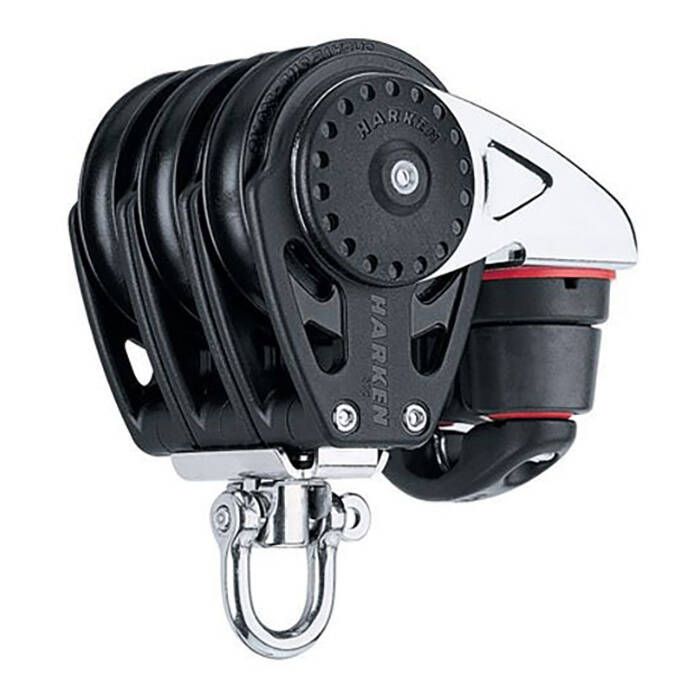
Harken - Bloc Triple Carbo Air - 57 mm (2 1/4") - 2617
362,90 $ -

Harken - Poulie Simple avec Boucle de Fixation Souple T2 - 57 mm (2 1/4") - 2151
86,54 $ -

Harken - Poulie Élément en Aluminium - 60 mm (2 3/8") - 6261
112,20 $ -

Harken - Poulie Élément en Aluminium - 60 mm (2 3/8") - 6265
180,02 $ -

Harken - Poulie Élément en Aluminium - 60 mm (2 3/8") - 6266
187,28 $ -

Harken - Micro Poulie Triple - 22 mm (7/8") - 229
78,08 $ -

Harken - Poulie Bullet - 29 mm (1 1/8") - 082
28,73 $ -

Harken - Bloc Carbo Air - 29 mm (1 1/8") - 348
25,91 $ -

Harken - Bloc Double Carbo Air - 29 mm (1 1/8") - 343
82,31 $ -

Harken - Bloc Triple Carbo Air - 29 mm (1 1/8") - 345
106,28 $ -
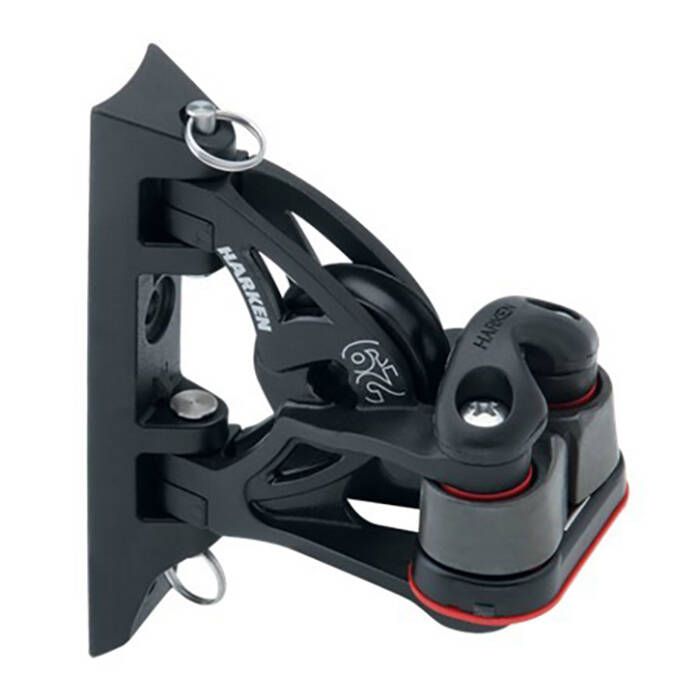
Harken - Bloc de Guidage Carbo - 29 mm (1 1/8") - 396
103,46 $ -
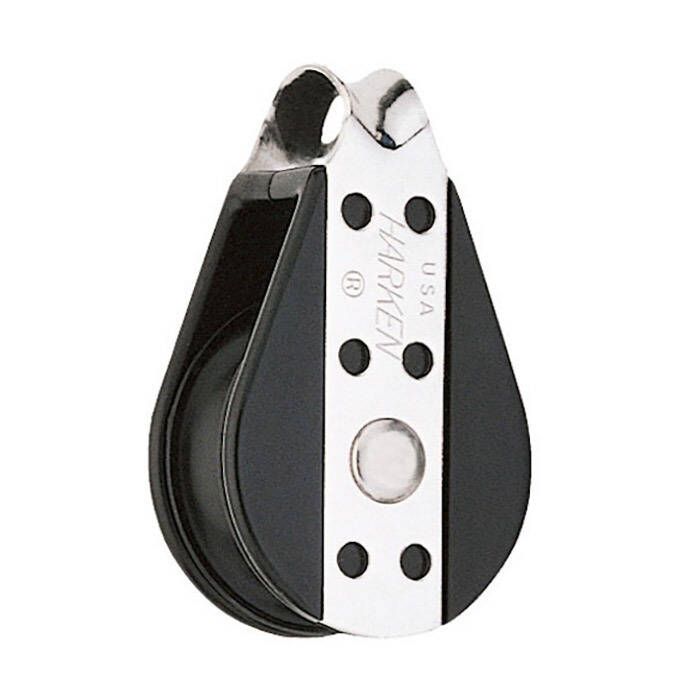
Harken - Grande Poulie Bullet - 38 mm (1 1/2") - 125
52,70 $ -
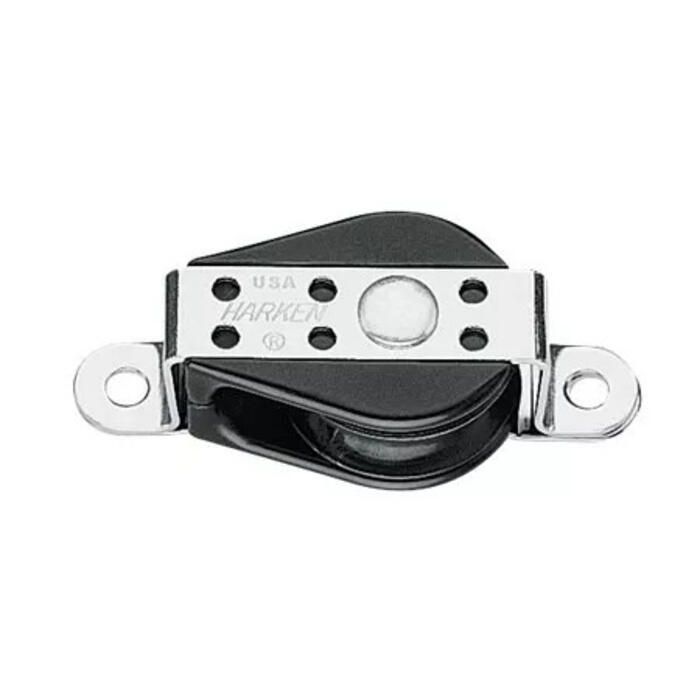
Harken - Poulie Bullet à Joue à Câble - 29 mm (1 1/8") - 109
47,06 $ -
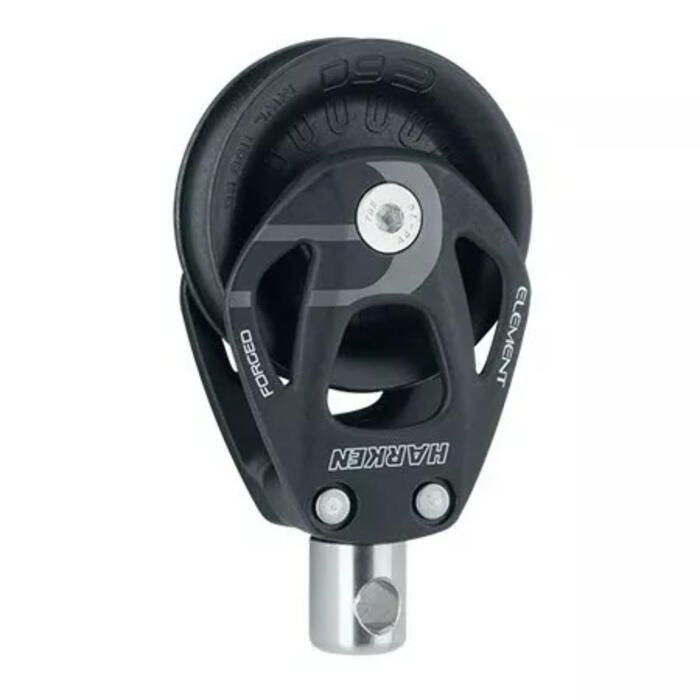
Harken - Poulie de Pied de Mât en Aluminium Element avec Émerillon - 60 mm (2 3/8") - 6220
89,29 $ -
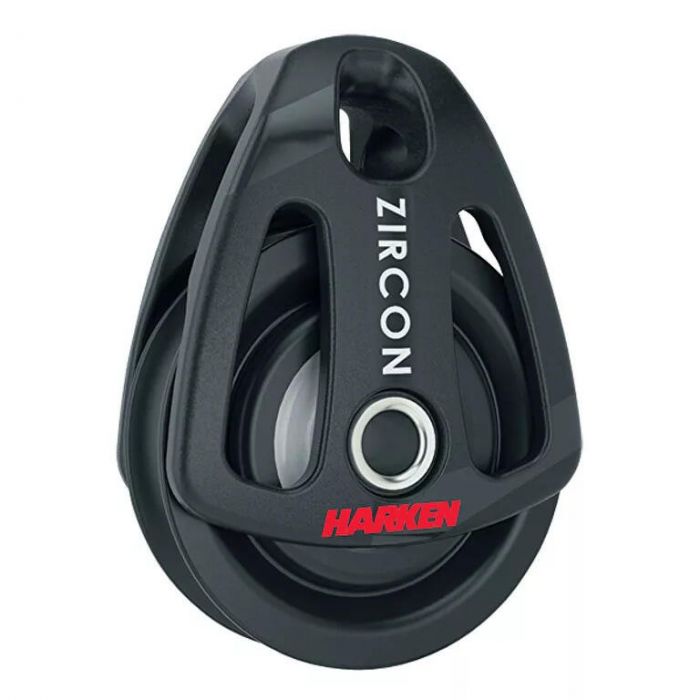
Harken - Poulie Zircon
76,67 $ - 183,83 $ -
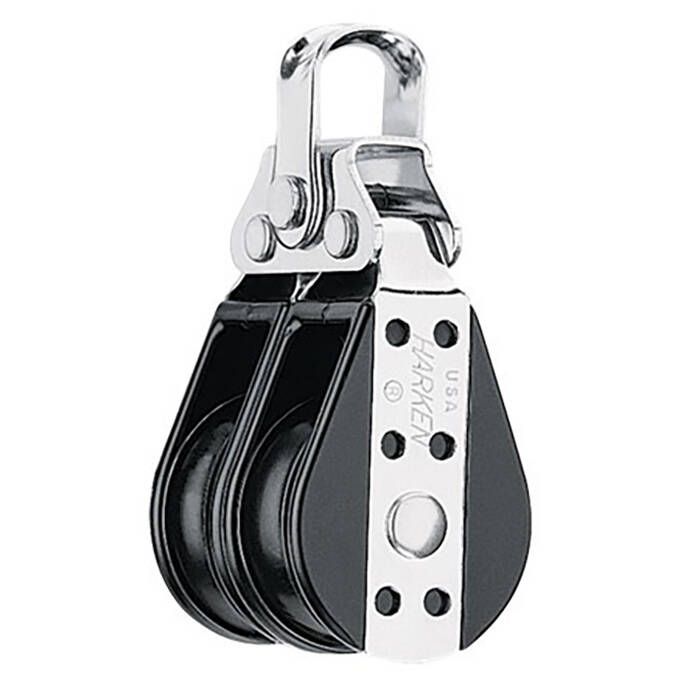
Harken - Grande Poulie Double Bullet - 38 mm (1 1/2") - 127
131,66 $ -
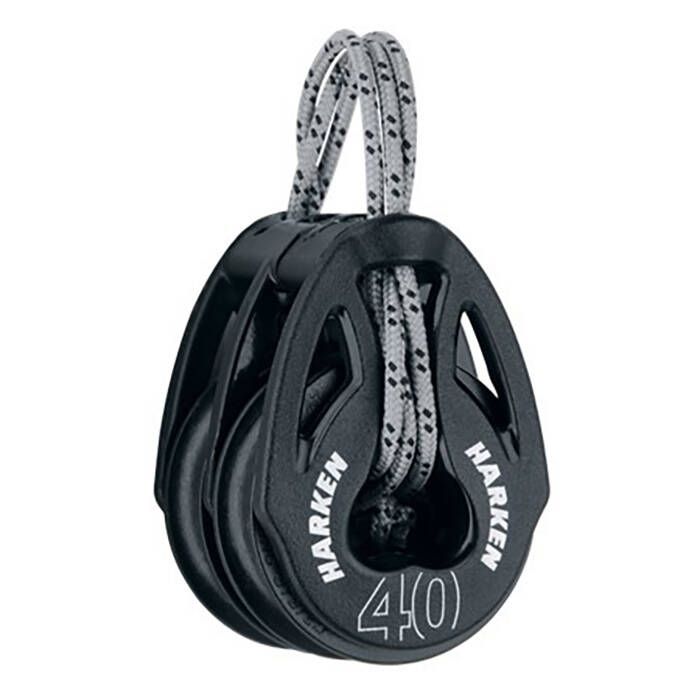
Harken - Poulie Double Carbo T2 à Fixation Souple - 40 mm (1 9/16") - 2150
103,46 $ -

Harken - Organisateur de Pont Composite - 50 mm (1 15/16")
97,82 $ - 192,29 $ -
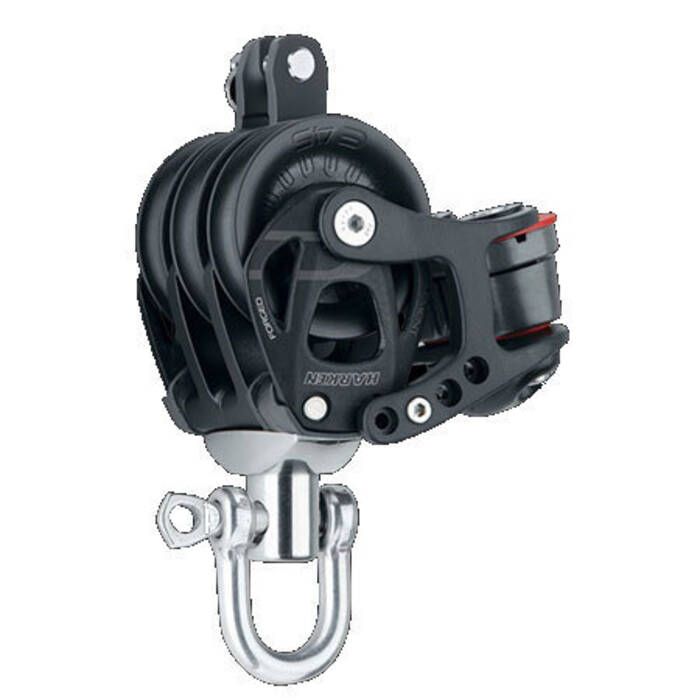
Harken - Poulie Triple en Aluminium Element avec Émerillon - 45 mm (1 3/4") - 6243
283,73 $ -

Harken - Poulie Violon Carbo Air - 57 mm (2 1/4") - 2676
303,68 $ -
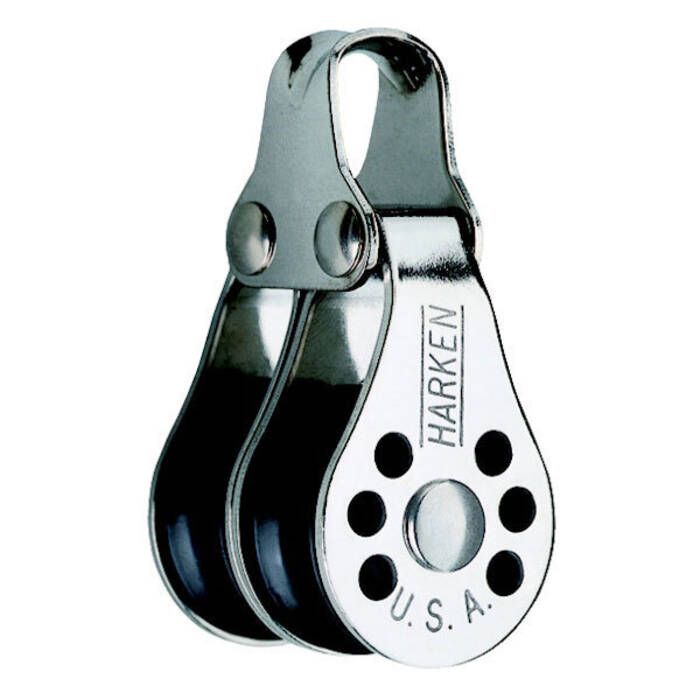
Harken - Micro Poulie Double - 22 mm (7/8") - 226
54,11 $ -

Harken - Micro Poulie Verticale - 22 mm (7/8") - 243
30,14 $ -
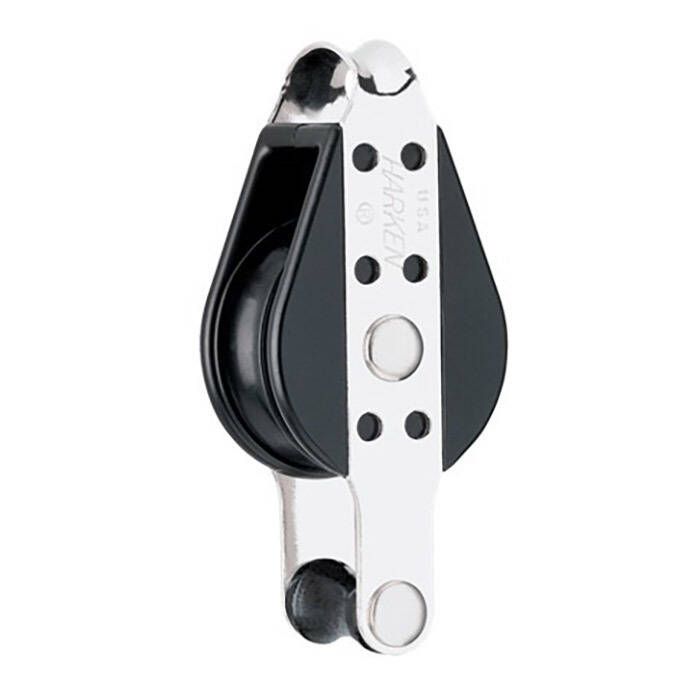
Harken - Bloc Bullet avec Taquet - 29 mm (1 1/8") - 083
34,37 $ -
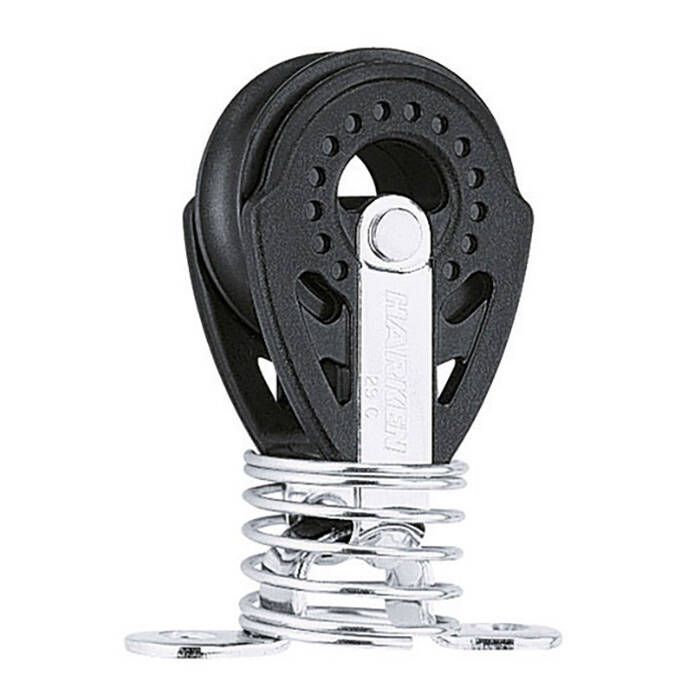
Harken - Bloc Vertical Carbo Air - 29 mm (1 1/8") - 349
38,60 $ -

Harken - Bloc Triple Carbo Air - 29 mm (1 1/8") - 347
181,01 $ -

Harken - Base de Montage pour Chandelier - 061
63,98 $ -
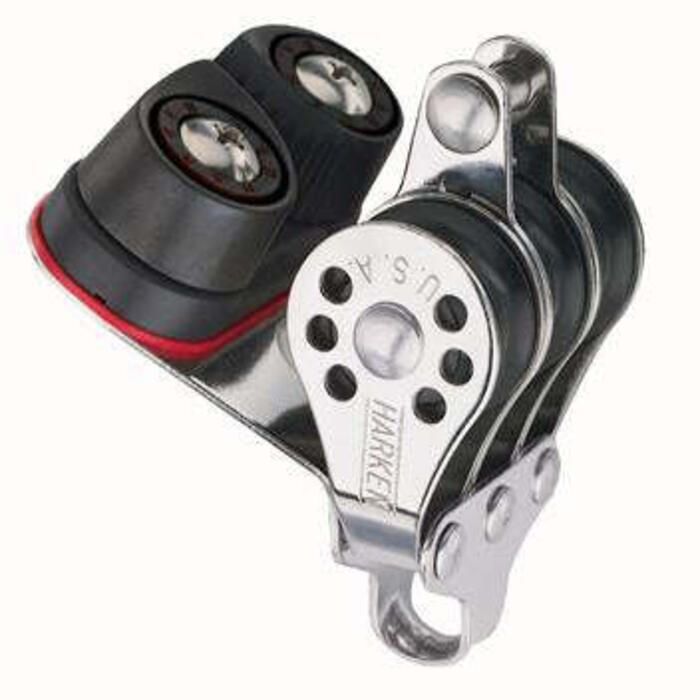
Harken - Micro Poulie Triple avec Taquet à Came et Taquet - 22 mm (7/8") - 231
169,73 $ -
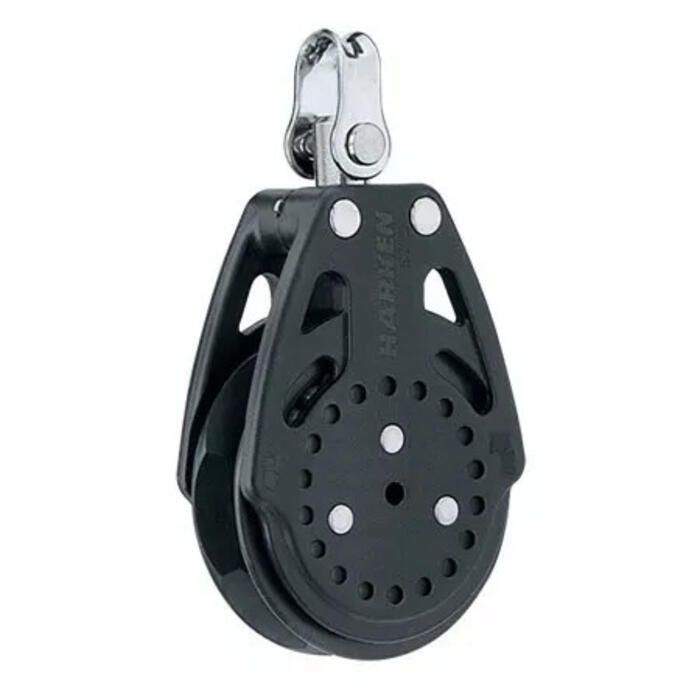
Harken - Poulie Carbo Ratchamatic - 57 mm (2 1/4") - 2625
172,55 $ -

Harken - Poulie Double de Barre d'Écoute - 29 mm (1 1/8") - 353
54,11 $
About Poulies
Marine Blocks: Buyer’s Guide
Introduction
For avid sailors and boating enthusiasts, selecting the right marine blocks is crucial for a seamless and safe sailing experience. Marine blocks play an essential role in the efficient and effective operation of a boat's rigging system. This guide is designed to help you understand the nuances of marine blocks and make an informed decision when purchasing them.
Section 1: What Are Marine Blocks?
Marine blocks are pulleys used in the rigging of boats and ships. They facilitate the changing of direction and point of application of a force applied to a rope. In simpler terms, they are used to lift heavy loads, adjust sails, and aid in maneuvering the boat.
Types of Marine Blocks
- Single Blocks: Used for basic applications, these have one wheel and one sheave.
- Double Blocks: With two sheaves, they offer more mechanical advantage.
- Swivel Blocks: These can rotate to prevent rope twisting.
- Fiddle Blocks: Combine different sizes of sheaves in one block for versatile applications.
Section 2: Factors to Consider When Buying Marine Blocks
Material and Durability
Marine blocks are typically made from stainless steel or composite materials. The choice depends on the sailing conditions and the required strength-to-weight ratio.
Load Capacity and Size
Consider the maximum load the block will handle and ensure it matches your requirements. The size of the block should correspond with the thickness and strength of the ropes used.
Ease of Use and Maintenance
Look for blocks that are easy to install and maintain. Blocks with ball bearings offer smoother operation but may require more maintenance than plain bearing blocks.
Compatibility
Ensure the blocks are compatible with your boat’s rigging system and the type of sailing you do.
Section 3: Top Brands and Their Offerings
Harken Blocks
Known for high-quality, durable marine blocks. They offer a wide range of blocks for various sailing needs.
Lewmar Blocks
Offers a variety of blocks that balance performance and price, suitable for both casual and competitive sailors.
Ronstan Blocks
Famous for innovative designs, Ronstan’s blocks are popular among those looking for high-performance gear.
Section 4: Maintenance and Care for Marine Blocks
Regular maintenance includes cleaning, inspecting for wear and tear, and lubrication. Always follow the manufacturer’s guidelines for care and maintenance to ensure longevity and optimal performance.
Conclusion
Choosing the right marine block involves understanding your sailing needs, the types of blocks available, and the best brands in the market. With this guide, you are now equipped to make an informed decision that enhances your boating experience.
FAQs
Q: Can I use any block for any type of sailing?
A: No, it's important to choose a block based on the specific needs of your sailing activity.
Q: How often should I replace my marine blocks?
A: It depends on the usage and maintenance. Regular inspection will help you determine when a replacement is needed.


